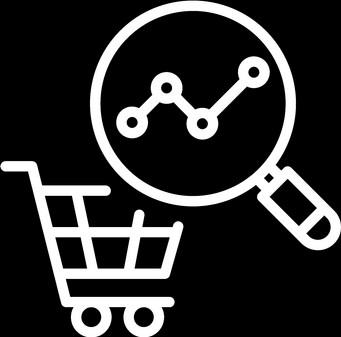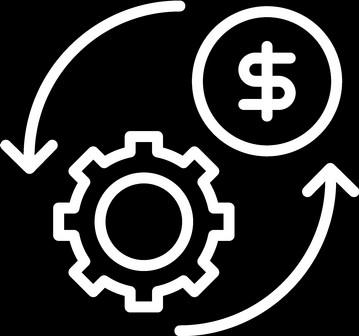
















Eco-building products, also known as sustainable construction materials, are designed to minimize environmental impact while enhancing energy efficiency and occupant health. These include renewable materials like linoleum, fiber-cement composites, and galvalume panels, as well as recycled-content products. They serve critical functions across construction segments from framing to interior finishing, meeting stringent green building standards such as LEED certification.


The market growth is driven by increasing gold mining activities, particularly in Asia-Pacific and Africa, where cyanide leaching remains the dominant extraction method. However, environmental concerns and stringent regulations pose challenges to market expansion.


BY TYPE • Linoleum
• Galvalume


APPLICATION • Framing • Insulation • Others


END USER • Residential construction • Commercial construction • Others



Stringent Environmental Regulations and Sustainability Policies Fuel Market Growth
United States eco-building products market is experiencing significant growth driven by increasingly stringent environmental regulations and green building codes. Government initiatives like the U.S. Energy Act and LEED certification requirements are compelling construction companies to adopt sustainable materials. Recent data indicates that states with mandatory green building codes saw a 38% higher adoption rate of ecoproducts compared to non-regulated areas. Furthermore, federal tax incentives for energy-efficient construction have boosted demand for materials like insulated concrete forms and recycled steel framing systems.



The U.S. building retrofit market represents a massive opportunity for eco-product manufacturers, with an estimated 90% of existing buildings requiring energy efficiency upgrades. Government incentives through programs like the Inflation Reduction Act are driving increased investment in green renovations. Products like low-emissivity windows and spray foam insulation are seeing particularly strong demand in the retrofit sector, with annual growth exceeding 22%. As building owners seek to improve energy performance and meet new efficiency standards, the retrofit market is projected to surpass new construction in ecoproduct consumption by 2028.


Breakthroughs in material engineering are enabling the production of high-performance ecofriendly alternatives that rival traditional materials in strength and durability while reducing environmental impact. Advanced fibercement composites now demonstrate 30% greater load-bearing capacity compared to conventional options, while next-generation linoleum flooring incorporates up to 97% natural materials without compromising wear resistance. Such innovations address one of the key historical barriers to adoption—performance trade-offs—making sustainable options viable for demanding structural applications.


The U.S. dominates the eco-building products landscape with a projected market value of $82.5 billion in 2024, driven by stringent green building codes and federal initiatives like the Inflation Reduction Act's $3.2 billion allocation for sustainable materials. States with mandatory sustainability regulations show 38% higher adoption rates for products like fiber-cement composites and structural insulated panels.
EU sustainability mandates like the Energy Performance of Buildings Directive (EPBD) and circular economy action plans are accelerating adoption of bio-based insulation and Cradle-to-Cradle certified materials. Germany and Scandinavia lead in technological innovation, particularly in carbon-negative concrete development, while Southern European markets prioritize energy retrofit solutions.



• Kingspan Group (Ireland)

• Owens Corning (U.S.)
• BASF SE (Germany)
• Interface, Inc. (U.S.) Download Free Sample Report
These companies represent some of the major key players driving innovation and growth in the market, contributing significantly to global supply and competitive dynamics.


Founded in 2015, 24chemicalresearch is a trusted name in global chemical industry intelligence. We specialize in delivering high-quality market research reports, empowering over 30+ Fortune 500 clients with data-driven insights for strategic growth. Our team of experienced analysts delivers customized, reliable, and timely research backed by a rigorous methodology. From mining regulatory trends to forecasting market opportunities, our reports help companies navigate industry challenges, stay competitive, and grow confidently.
As a one-stop platform for the chemical sector, we offer:
• Deep specialization in chemical market analysis
• Customized reports tailored to your needs
• A robust portal with free samples, consulting, and competitive insights














